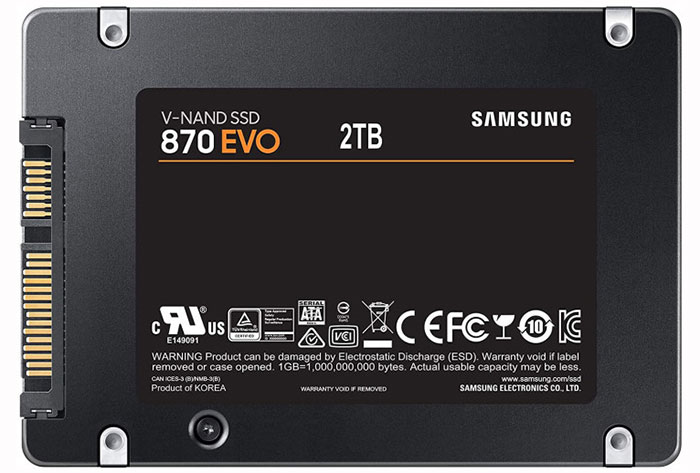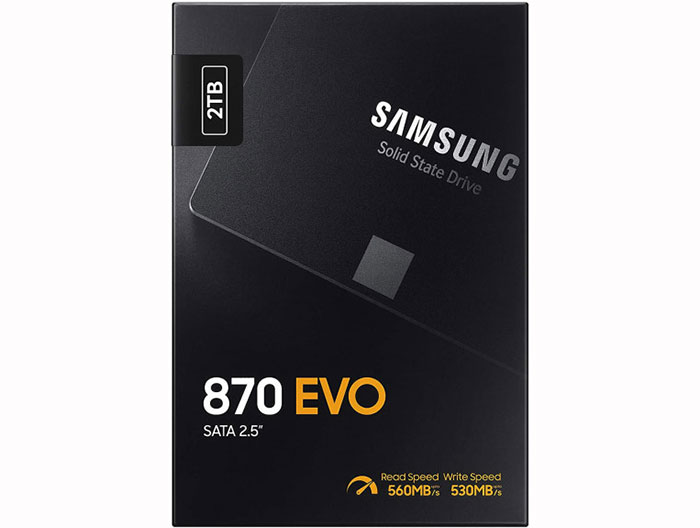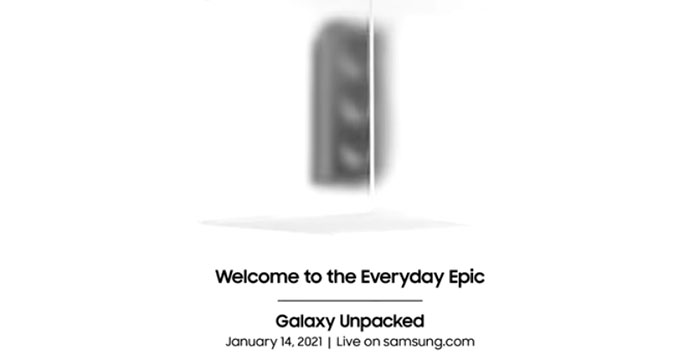Samsung SSD 870 EVO
Samsung appears to be readying to release a revamped line of 2.5-inch SATA interface EVO SSDs. German tech site WinFuture has spotted listings, plus product and packaging renders, at both European and US retailers and shared them ahead of the weekend. The range will deliver modest speed improvements over previous models.

WinFuture has a plentiful selection of crystal clear Samsung SSD 870 EVO images, and some specs from the product packaging. It says that Samsung hasn't yet gone official with this line but from the listings it has found there will be five capacities on offer, as per the SSD 860 EVO – 250GB, 500GB, 1TB, 2TB, and 4TB. We know that the SSD 870 EVO range will be available in 2.5-inch SATA form factor but not mSATA or M.2 variants have been confirmed as yet by any source. So far, so unrefreshing.
The refresh isn't going to deliver a huge speed improvement. WinFuture says that the new sequential read/write figures, in MBps, will be up to 560/530, respectively. The sequential read/write speeds are just 10Mbps faster compared with the SSD 560 EVO. Sadly we don't have any random read IOPs figures to share at this time.

Samsung might have managed to eke a little more out of the SATA interface using newer controller and/or NAND technologies. Whatever the case the new tech doesn't have an impact on durability, one might assume according to the 2400 TBW (Terabytes Written) for the 4TB model – another unchanged stat from the SSD 860 EVO. The devices carry the same five year warranties as previous generations.
Samsung Unpacked 2021
This morning Samsung sent out invites for its Unpacked 2021 event, scheduled for 10am EST (3pm GMT) on Thursday 14th January. You will be able to watch the show, which takes place on the last day of CES 2021, live via the Samsung Newsroom.

It is pretty certain the main event will be the revealing of the Samsung Galaxy S21, S21 Plus, and S21 Ultra smartphones - and we should learn more about the Exynos 2100 SoC. The Galaxy S21 devices have already been widely leaked with the key tech specs claimed to be known already.






